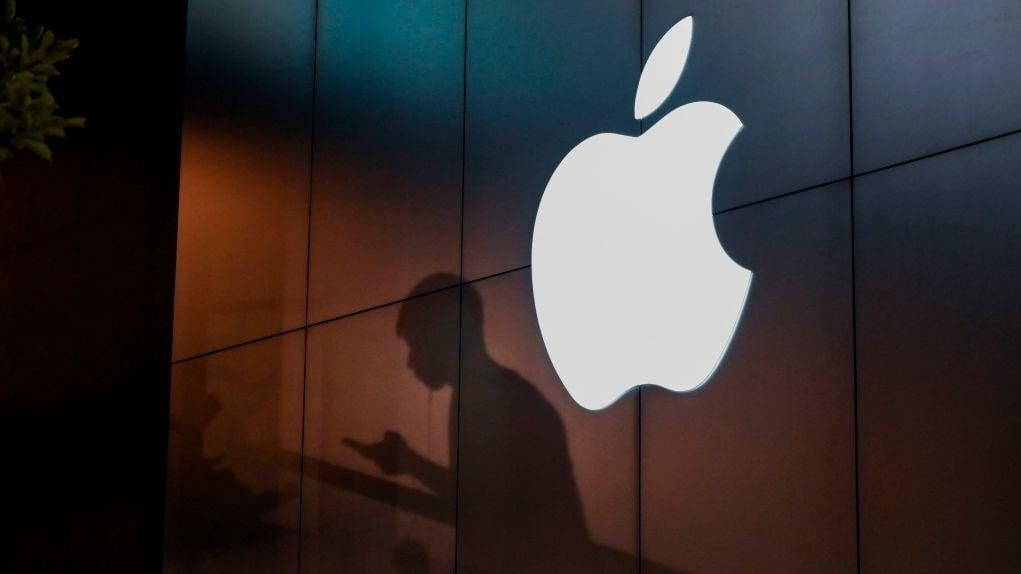
Google has rolled out a new framework called Private AI Compute, intended to operate its sophisticated Gemini models while keeping user data protected. Apple introduced a comparable feature in 2024, referred to as Private Cloud Compute. According to a blog post from Google, this functionality is designed to strike a balance between performance and privacy, enabling AI models to leverage cloud processing without allowing Google or third parties access to the analyzed information. Private AI Compute operates within a hardware-sealed, verified environment that encrypts all data exchanges between devices and the cloud.
What are the benefits of using services like Private AI Compute? Users who are apprehensive about their private conversations, emails, or sensitive corporate information being utilized for AI training often favor on-device AI processing for enhanced privacy, ensuring their data remains on their own device. Nevertheless, numerous devices lack the capability for intricate AI processing.
“This strategy provides the advantages of robust cloud models along with the privacy safeguards of on-device processing,” asserted Google. It builds on Google’s Secure AI Framework, employing custom TPUs and innovative Titanium Intelligence Enclaves to guarantee end-to-end encryption and security. Private AI Compute will debut in select Google products, commencing with Magic Cue on the Pixel 10 and refreshed features in the Recorder app that utilize cloud models for enhanced summaries and suggestions while preserving privacy.
The system is designed to offer “helpful, personal and proactive” AI interactions without jeopardizing sensitive data. As Google’s AI functionalities progress from basic commands to proactive help, Private AI Compute is regarded as a “next step in responsible innovation.”